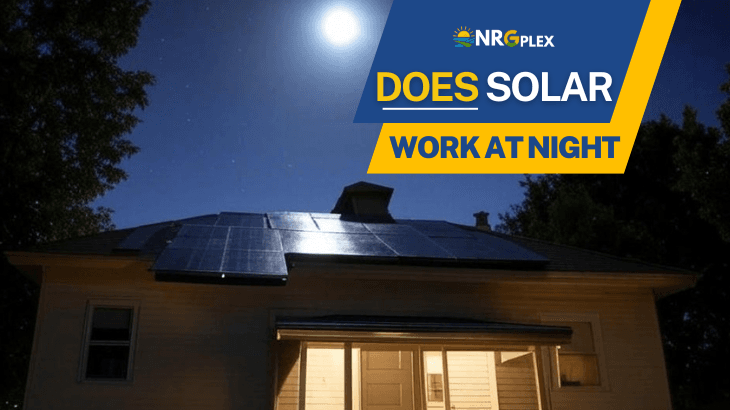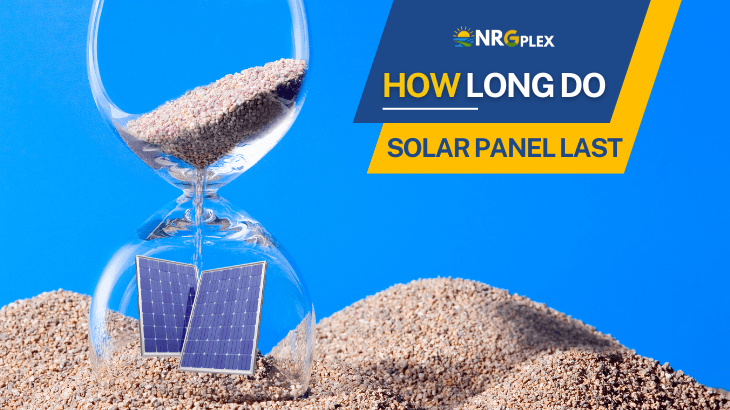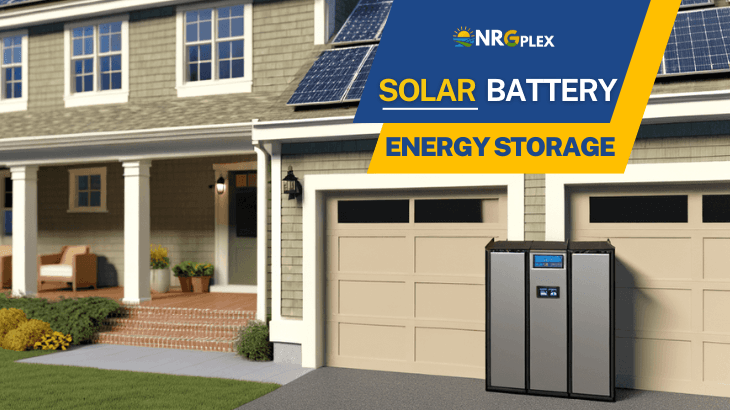
Leasing Solar Panels in Massachusetts: Pros and Cons
With the rising awareness of sustainability, many Massachusetts homeowners are considering the move to solar energy. Solar panels can significantly reduce electricity bills and contribute to a greener environment. However, one of the most crucial decisions to make is whether to purchase or lease your solar panels. In this blog post, we’ll explore the pros and cons of leasing solar panels and how an in-home consultation with NRGplex can help you make an informed decision. After all, who wouldn’t want to Have The Sun Pay Your Electric Bill?
Understanding Solar Lease Agreements
Leasing solar panels is a common option that allows homeowners to enjoy the benefits of solar electricity for home use without the high upfront costs commonly associated with solar installation. When you lease solar panels, a third party owns the system, and you pay a monthly fee to use the energy generated. This arrangement can make solar energy more accessible for many homeowners in Massachusetts.
Pros of Leasing Solar Panels
- Lower Upfront Costs: One of the main advantages of leasing solar panels is the limited financial risk. Homeowners can start enjoying solar power savings without the hefty upfront investment typically required for purchasing a system.
- No Maintenance Responsibilities: With a lease, the solar company typically handles maintenance and repairs of the system. This means less hassle for you and peace of mind knowing that experts are taking care of everything.
- Potentially Immediate Savings: Depending on your lease terms, you might see an immediate reduction in your electric bill from day one, allowing you to benefit from solar electricity without waiting for installation to provide a full return on investment.
- Access to Solar Incentives: In Massachusetts, you can still access several MA solar incentives through leasing, such as the Solar Renewable Energy Certificates (SRECs), which can help offset some of the costs associated with your lease payments.
Cons of Leasing Solar Panels
- No Ownership Benefits: Since you do not own the system, you won’t receive the federal solar tax credit or SRECs directly as a lessee—these benefits go to the leasing company. Over the long term, purchasing solar panels may offer more financial benefits.
- Long-term Commitment: Lease agreements typically span 20 years, and terminating early can incur fees. Always read the fine print before committing.
- Impact on Home Value: Homes with leased solar panels can sometimes have a lower market value compared to those with owned solar panels. Potential buyers may be wary about assuming a lease.
- Potentially Rising Costs: Some leases feature escalating payments over time, meaning your monthly costs may increase as your savings decrease.
The Leasing Decision: Weighing the Pros and Cons
Deciding whether to lease solar panels is a significant choice. While the lower upfront cost and maintenance-free experience can be appealing, the long-term commitment and potential financial drawbacks warrant careful consideration. The good news is that you don’t have to navigate this decision alone. NRGplex offers in-home consultations that allow you to engage with our knowledgeable field agents, who can provide tailored advice based on your unique situation.
Why Consider an In-Home Consultation with NRGplex?
Partnering with NRGplex for a consultation not only puts you in touch with experts in residential solar MA but also empowers you with invaluable insights, making the process of going solar Massachusetts as smooth as possible. Here are some benefits of booking an in-home consultation:
- Personalized Assessment: Our field agents will analyze your home’s energy needs, roof layout, and potential sun exposure to give you a customized solar energy plan that aligns with your financial goals.
- Understanding Incentives: Your agent will educate you about all available MA solar incentives, explaining how they can positively impact your solar installation or leasing decisions.
- Transparent Pricing: You’ll receive clear information on pricing, including any leasing options, ensuring that you fully understand the costs and potential savings associated with your solar panel decision.
- Confidence in Your Decision: By asking questions and voicing concerns during the consultation, you’ll walk away feeling confident about your choice to go solar, whether that means purchasing or leasing.
The Process of Going Solar in Massachusetts
If you decide to move forward with leasing or buying solar panels, the process generally involves:
- Initial Consultation: Schedule an in-home meeting to discuss your needs and get a custom assessment.
- Site Evaluation: Our team will perform a detailed evaluation of your property, assessing aspects like roof integrity and available sunlight.
- System Design: Based on the evaluation, NRGplex will design a solar panel system tailored to your home.
- Installation: Once you approve the design, our professional installation team will efficiently set up your system.
- Monitoring and Maintenance: After installation, we will continue to monitor your system’s performance and provide maintenance as needed, particularly if leasing.
Conclusion
Choosing whether to lease or purchase solar panels is a critical decision for Massachusetts homeowners looking to harness the sun’s energy. While leasing can present immediate benefits like low upfront costs and maintenance-free installation, it’s essential to weigh these against the long-term implications. By consulting with NRGplex, you can make an informed choice that suits your financial and environmental interests.
If you’re considering making the leap to solar energy and want to learn more about how leasing or purchasing solar panels could benefit your home, don’t hesitate. Contact NRGplex today for a free quote or to schedule your in-home consultation. Call us at (888) 857-4041 or visit our website at nrgplex.com!






